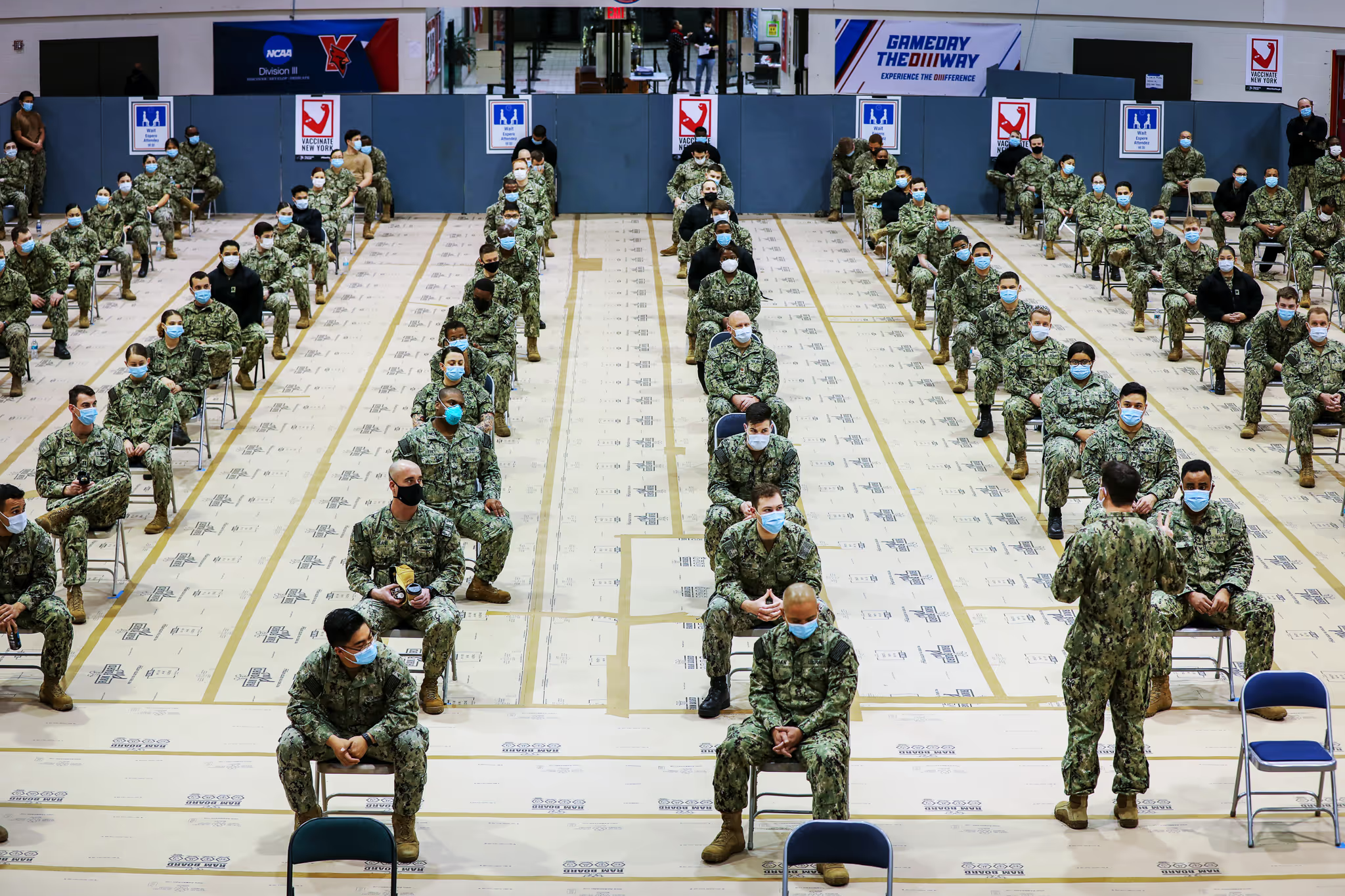People who have been in the military are entitled to a range of benefits. Depending on their category of discharge from the military, they may have access to retirement, disability, healthcare, and education benefits. In addition, the type of military discharge a veteran receives when they exit the armed forces can influence their eligibility to receive VA healthcare.
Recommended Reading:
Underserved: HOW THE VA WRONGFULLY EXCLUDES VETERANS WITH BAD PAPER
A report published in conjunction with National Veterans Legal Services Program and the Veterans Legal Clinic at the Legal Services Center of Harvard Law School to raise awareness about the implications of excluding “bad paper” veterans from care and the VA’s authority to grant access.
Honorable Discharge
- Most veterans receive an honorable discharge.
- This discharge means the veteran met or exceeded the conduct and performance standards of the military.
- They are eligible for all VA benefits (Post-9/11 GI Bill and Montgomery GI Bill education benefits require honorable discharge).
General Discharge Under Honorable Conditions
- This is the second-best type of discharge.
- This discharge means performance was satisfactory.
- They are eligible for most VA benefits (excluding GI Bill educational benefits).
Other Than Honorable Discharge
- This indicates the veteran may have had some serious departures from the expected performance during service, including:
- Security violations;
- Serious misconduct, endangering other service members; or
- Use of deliberate force to hurt another.
- The VA determines whether the veteran is eligible for benefits.
Bad Conduct Discharge
- This is a punitive discharge, imposed by a court martial (criminal trial conducted by the military).
- The VA determines whether the veteran is eligible for benefits.
- In some cases, a veteran may lose entitlement to VA benefits—often known as “bad paper.”
Dishonorable Discharge
- This is the worst type of discharge—reserved for those who committed and were convicted of the equivalent of a felony.
- A dishonorable discharge is the least common.
- No VA benefits are available to individuals with a dishonorable discharge.
It is possible for the veteran to apply to upgrade a military discharge or change the reasoning for their discharge, which may improve access to VA healthcare benefits, if approved. They can also apply through the VA for a “characterization of service” for VA benefits purposes, which would not change their discharge but would provide eligibility for VA services. See our chapter on accessing VA benefits and care for more information on how to upgrade a discharge.
People who have been in the military are entitled to a range of benefits. Depending on their category of discharge from the military, they may have access to retirement, disability, healthcare, and education benefits. In addition, the type of military discharge a veteran receives when they exit the armed forces can influence their eligibility to receive VA healthcare.
Honorable Discharge
- Most veterans receive an honorable discharge.
- This discharge means the veteran met or exceeded the conduct and performance standards of the military.
- They are eligible for all VA benefits (Post-9/11 GI Bill and Montgomery GI Bill education benefits require honorable discharge).
General Discharge Under Honorable Conditions
- This is the second-best type of discharge.
- This discharge means performance was satisfactory.
- They are eligible for most VA benefits (excluding GI Bill educational benefits).
Other Than Honorable Discharge
- This indicates the veteran may have had some serious departures from the expected performance during service, including:
- Security violations;
- Serious misconduct, endangering other service members; or
- Use of deliberate force to hurt another.
- The VA determines whether the veteran is eligible for benefits.
Bad Conduct Discharge
- This is a punitive discharge, imposed by a court martial (criminal trial conducted by the military).
- The VA determines whether the veteran is eligible for benefits.
- In some cases, a veteran may lose entitlement to VA benefits—often known as “bad paper.”
Dishonorable Discharge
- This is the worst type of discharge—reserved for those who committed and were convicted of the equivalent of a felony.
- A dishonorable discharge is the least common.
- No VA benefits are available to individuals with a dishonorable discharge.
It is possible for the veteran to apply to upgrade a military discharge or change the reasoning for their discharge, which may improve access to VA healthcare benefits, if approved. They can also apply through the VA for a “characterization of service” for VA benefits purposes, which would not change their discharge but would provide eligibility for VA services. See our chapter on accessing VA benefits and care for more information on how to upgrade a discharge.






